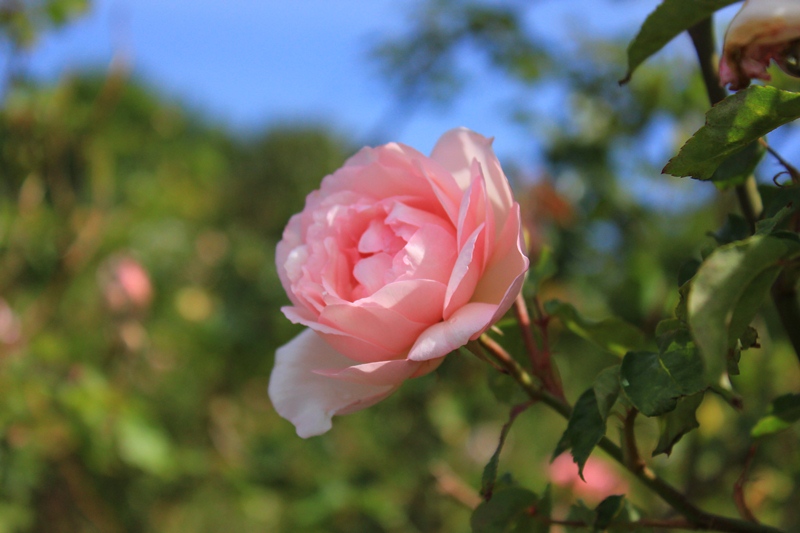The Rose Garden at Centennial Parklands has hundreds of gorgeous roses making it a popular spot for weddings and picnics. But the heat and humidity of February pose many challenges in Sydney’s gardens.
Humid weather encourages the growth of mildew and fungus on plants plus many pests enjoy this time of year. We asked our horticultural expert, David Laughlin, for some tips and tricks that you can apply to your own garden this summer so you can have Instagram-worthy blooms too.
Tips from the Rose Garden at Centennial Park
The horticulturists at Centennial Parklands are keeping on top of black spot and powdery mildew in the Rose Garden so that it continues to look it's best throughout summer. With these diseases, we find that good cultural practice is always the best option whch means we start preparing well before summer.
In winter after the main prune, we rake all the old fallen leaves and spray our roses with lime sulphur. This ensures we have greatly reduced the number of fungal spores in the garden.
As soon as we see powdery mildew appear we remove the affected leaf and dispose of it in the rubbish bin, these are not for composting. The first indication of powdery mildew is a white powder on the new growth of the plants and bud stems.
 A blooming beauty in the Rose Garden at Centennial Park.
A blooming beauty in the Rose Garden at Centennial Park.
Best roses for Sydney conditions
In Sydney black spot on roses is something we can’t avoid but again good practice help to reduce it. A good practice is to grow roses which show good black spot and general disease resistance. At Centennial Park we have great success with Peter Frankenfeld, Kardinal, Sundance, Pope John Paul Il and Queen Elisabeth.